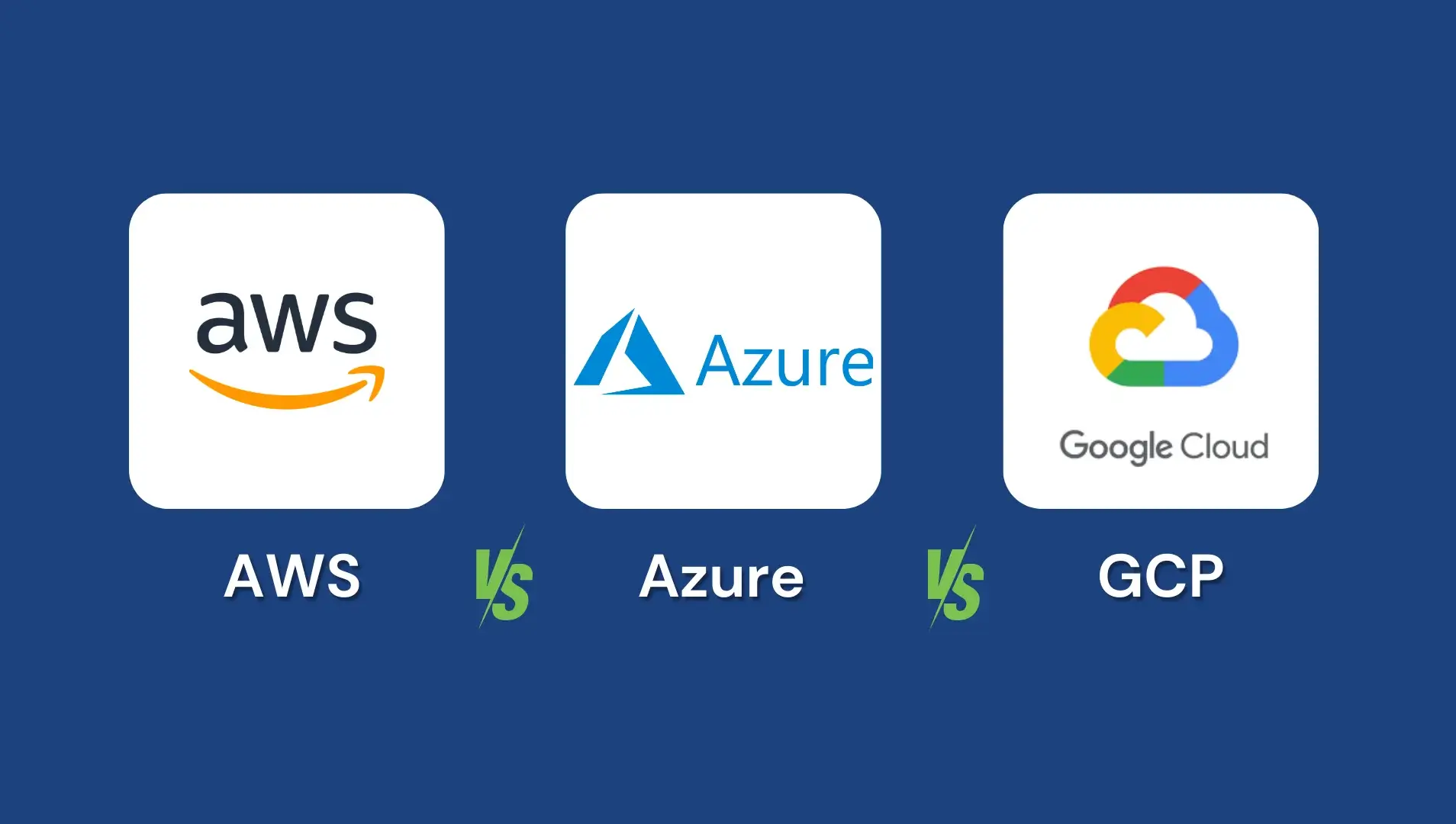I’ve been hearing about quantum computing for what feels like forever. It’s always been that tantalizing technology that’s perpetually “just around the corner” – kind of like fusion energy or flying cars. But lately, something feels different. The headlines are getting more frequent, the investments are getting bigger, and actual companies are starting to use quantum computers for real problems. So I had to ask: is this finally it?
The Hype vs. Reality Check
Let’s be honest – quantum computing has been overhyped more times than I can count. Every few years, we get breathless articles about how quantum computers will crack all encryption, solve climate change, and probably cure cancer while they’re at it. Then reality sets in, and we’re back to waiting.
But here’s what’s different now: the progress isn’t just happening in research labs anymore. IBM has quantum computers that businesses can actually rent time on. Google claimed “quantum supremacy” with their Sycamore processor (though let’s not get too carried away – it solved a pretty specific problem that’s not exactly useful for your everyday computing needs). And startups are popping up everywhere, promising quantum solutions for everything from drug discovery to financial modeling.
What’s Actually Working Right Now
The truth is, we’re in what I like to call the “quantum awkward phase.” These machines exist, they work, but they’re still pretty… quirky.
Current quantum computers need to be kept colder than outer space – we’re talking about temperatures near absolute zero. They’re incredibly sensitive to noise and interference, which means they can only run calculations for tiny fractions of a second before the quantum states collapse. It’s like trying to balance a pencil on its tip while riding a roller coaster during an earthquake.
But despite these challenges, some genuinely useful applications are emerging. Pharmaceutical companies are using quantum computers to simulate molecular interactions, which could speed up drug discovery. Financial firms are exploring quantum algorithms for risk analysis and portfolio optimization. And researchers are making progress on quantum machine learning, which could eventually make AI even more powerful.
The Industries Taking Notice
What really catches my attention is who’s placing their bets. It’s not just tech companies anymore – traditional industries are getting serious about quantum computing.
The automotive industry is particularly interesting. Companies like BMW and Volkswagen are experimenting with quantum computing for everything from optimizing traffic flow to improving battery chemistry for electric vehicles. When car manufacturers start investing in quantum research, you know something’s shifting.
Healthcare is another big one. The ability to simulate complex molecular interactions could revolutionize how we develop new medicines. Instead of the current trial-and-error approach that takes years and costs billions, quantum computers might help us design drugs with precision from the start.
The Reality of Timeline
So when will you have a quantum computer on your desk? Probably never, at least not in the way you’re thinking. Quantum computers aren’t going to replace your laptop – they’re specialists, not generalists. They’ll likely remain expensive, shared resources accessed through the cloud, kind of like how we use supercomputers today.
The real quantum revolution will probably be invisible to most of us. Your Google searches might get faster thanks to quantum algorithms running in some data center. Your medications might be developed using quantum simulations. Your investment portfolio might be optimized using quantum risk models. But you’ll never see the quantum computer itself.
What This Means for Regular People
The practical impact is starting to trickle down, though it’s subtle. Some of the machine learning algorithms that power your smartphone’s camera or help Netflix recommend shows are already being enhanced by quantum-inspired computing techniques. It’s not pure quantum computing yet, but it’s a preview of what’s coming.
For businesses, the question isn’t whether quantum computing will matter – it’s when and how much. Companies that deal with complex optimization problems, whether that’s supply chain management, financial modeling, or drug discovery, should probably start paying attention now. Not because they need to buy a quantum computer tomorrow, but because the competitive advantages are beginning to emerge.
The Bottom Line
Is quantum computing finally here? Yes and no. It’s here in the sense that it’s real, it’s working, and it’s starting to solve actual problems. But it’s not here in the sense that it’s going to transform everything overnight.
We’re in the early days of what will likely be a gradual revolution. Think of where we were with classical computers in the 1960s – room-sized machines that required teams of specialists to operate, but clearly pointing toward something transformative.
The most honest answer I can give is that quantum computing is transitioning from a research curiosity to a specialized tool. It’s not going to replace traditional computing, but it’s going to complement it in ways that could be genuinely revolutionary for specific problems.
The future is quantum – it’s just going to take a bit longer to get there than the headlines suggest. But for the first time in decades of quantum computing promises, I’m genuinely optimistic that we’re finally moving from “someday” to “soon.”
What do you think? Are you excited about quantum computing, or are you in the “I’ll believe it when I see it” camp? I’d love to hear your thoughts in the comments below.

With over 6 years of experience in the blogging world, I specialize in crafting engaging, informative, and SEO-optimized content across various niches including tech, digital trends, and online monetization. I thrive on staying ahead of industry trends, experimenting with new content strategies, and helping others grow their digital presence.


